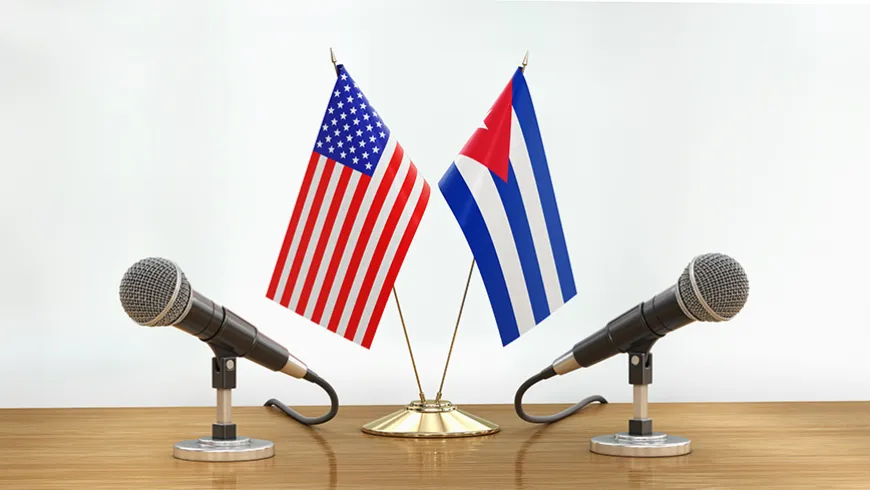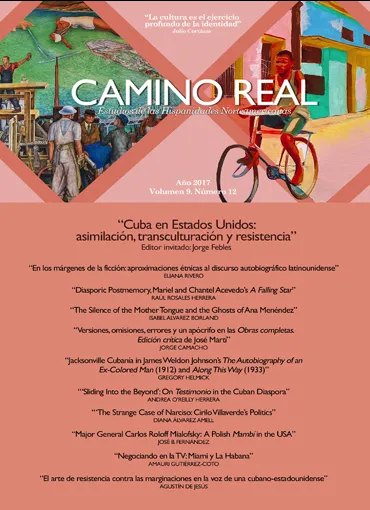
The political views and actions of Cirilo Villaverde have received short shrift in contemporary scholarship. The sketchiness has led to confusion about Villaverde’s politics. While much critical work has been devoted to the racial conundrum in Cecilia Valdés, to a large measure it has omitted analysis of the author’s views on the wider issue of Cuba’s political fate. Notwithstanding Villaverde’s active involvement as a political actor, the ideas vehemently expressed in his political writings, he has been often identified, without great scrutiny to his writings, as an anexionista, in large part due to his association with Narciso López. Reading Villaverde’s writings, as well as those of other Cuban political actors of the time, makes the historical confusion that surrounds López and Villaverde’s political beliefs perplexing. Villaverde to the last defended his own belief in Cuban independence, and several times wrote in defense of López. Cubans and Americans have debated López’s intentions and Villaverde’s politics, either ignoring or disregarding original sources such as Villaverde’s published statements that are deemed unreliable, pointedly when they contradict or create fissures in the American historical grand narrative


